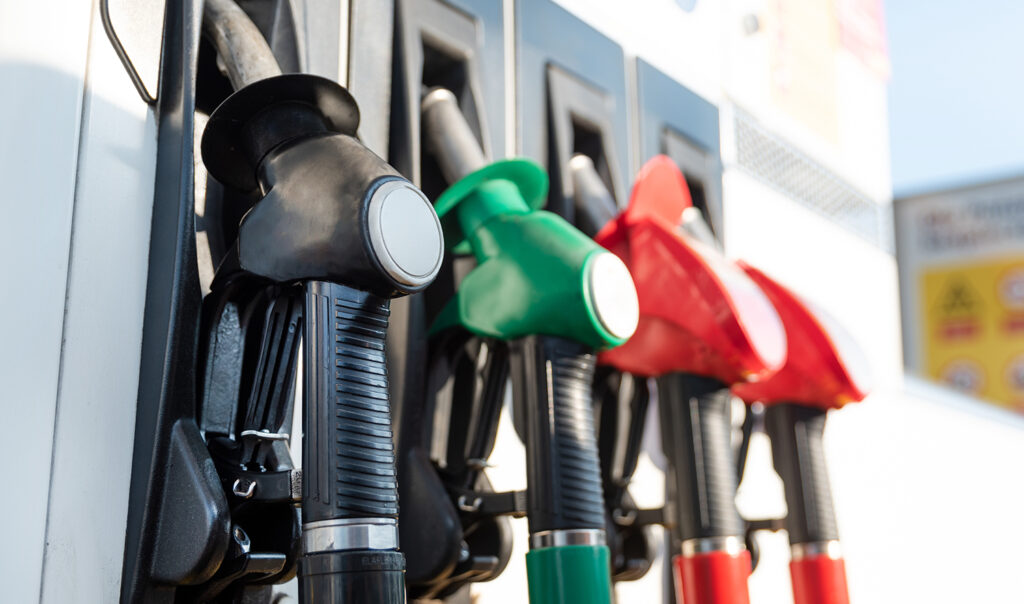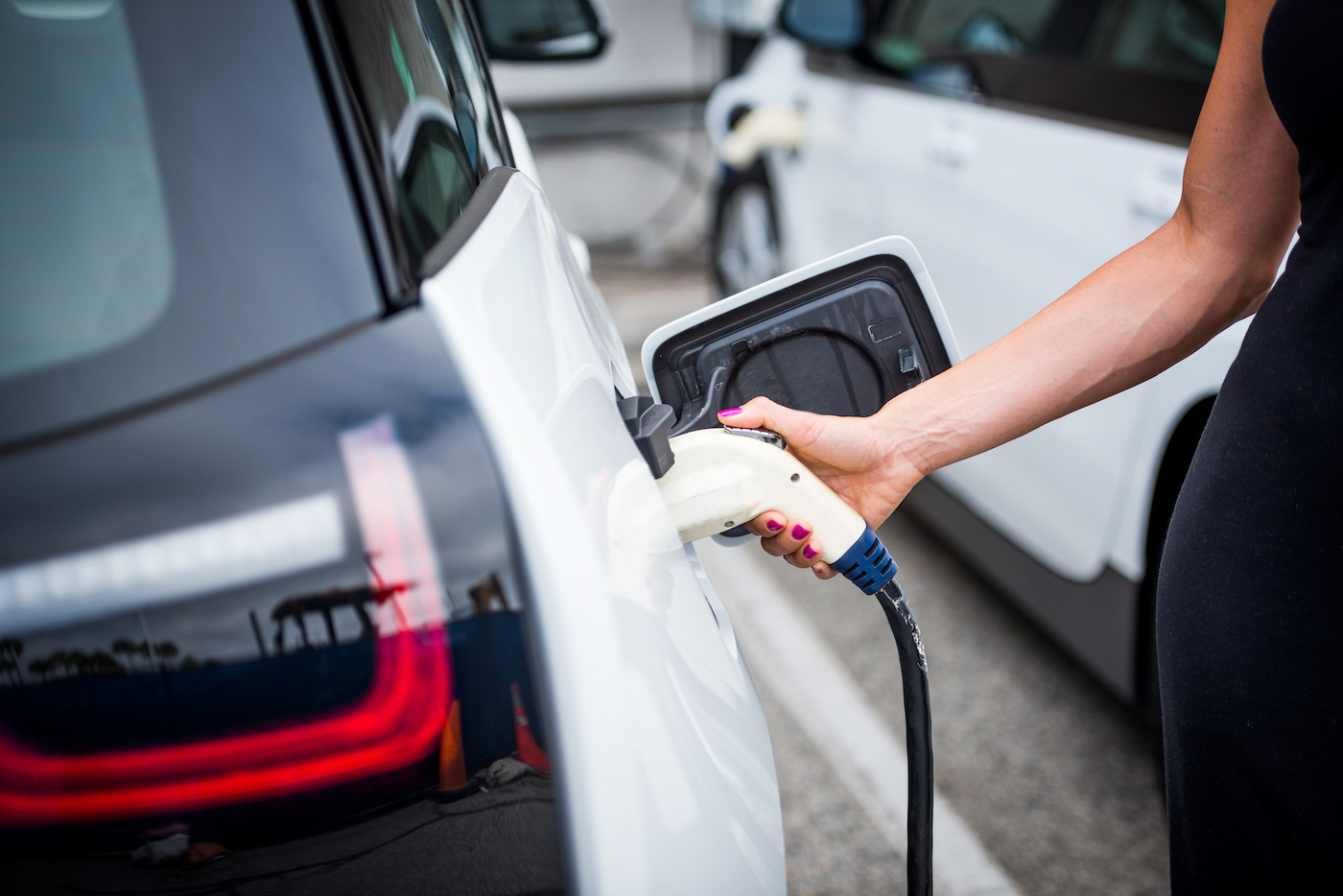For some time now, oil production globally has not been keeping up with demand as producers have found it a more profitable enterprise to sell less oil at a higher price than the inverse. Coupled with the invasion of Ukraine and a global economy attempting to bounce back from the Covid pandemic, a deficit of oil on the world market has been the primary factor driving spiralling inflation with it becoming more expensive every day to heat our homes, power our lives and drive our cars.
Households are, in a lot of cases, being stretched closer to breaking point, and most people are now looking for ways to reduce their costs. Running a car can be a massive drain on peoples’ pockets yet, for many, there’s simply no other option. There are, however, a few ways in which motorists can make their euro go a little bit further and save some money when it comes to running and buying cars.
PETROL AND DIESEL

Shop around for petrol and diesel
Keep your eyes open near where you live or work for the lowest fuel prices. Shopping around can save you as much as 10c per litre in some cases, which, if you’re regularly filling your tank, can add up in the long run. Obviously don’t drive too far out of your way to find the cheapest prices as you’ll negate any savings you might otherwise make.
Save fuel
Some reports suggest that drivers could save up to 30 per cent on their fuel bills by watching how they drive and keeping their car regularly serviced and well maintained. A few of the most common tips include:
- Keep tyres properly inflated: regularly checking your tyre pressure and ensuring your tyres are inflated to the correct pressure will help reduce rolling resistance, saving you fuel. It’s safer too.
- Stay on top of servicing: a well-maintained car is a more efficient car and clean oil and filters allow the car to breathe and run more smoothly.
- Remove excess weight and drag: remove roof racks, roof boxes, child seats, golf clubs and the like when not in use. The more weight or aerodynamic drag on a car, the harder the engine has to work and the more fuel it burns.
- Conserve momentum: cars are at their least efficient when accelerating, therefore it makes sense to reduce braking as much as possible. By keeping an eye on the road ahead, it allows drivers to come off the accelerator early and coast, conserving momentum as they go through a bend or junction thereby reducing the acceleration required when getting back up to speed. Drivers should also try getting into as high a gear as is practical as soon as possible, without letting the engine labour.
- Turn off the air conditioning: driving with the air conditioning on places an extra load on the engine and reduces fuel efficiency. On hot days, try opening the windows or doors before you set off to let excess heat out of the car.
- Slow down: the faster a vehicle goes, the greater the wind resistance it must overcome and the less efficient it is. By reducing your average speed by as little as 10-20km/h, it can save quite a bit of fuel without losing you much in the way of time.
Switch to electric
For a wide variety of reasons, electric cars aren’t yet suitable for everybody. Because they’re a recent phenomenon, not everyone can afford either the up-front costs or the finance payments. For many motorists though, the cost of finance on a new or second-hand EV may well offset the higher fuel, servicing and running costs of a petrol or diesel car. This may not be the case for everybody, but it’s certainly worth doing the maths to see if EV ownership could be a more cost-effective solution for you.
Try public transport
The Irish public transport network is patchy at best and prices are high. Rising fuel costs and a recent 20 per cent reduction on average fares across the Transport for Ireland network, however, may mean that it now makes financial sense for motorists to use a bus or train for all or part of their regular journeys. This won’t be suitable for everybody, but it’s worth running the numbers to see if could reduce costs.
ELECTRIC VEHICLES
 Many of the ways to save money when driving a petrol and diesel car also apply to electric vehicles, including shopping around for the best energy provider, driving efficiently and seeing if public transport may be an option.
Many of the ways to save money when driving a petrol and diesel car also apply to electric vehicles, including shopping around for the best energy provider, driving efficiently and seeing if public transport may be an option.
Charge at home
Charging at home is usually a much cheaper option than using the public charging network, and with the combination of a smart meter and low-cost night tariffs, it allows motorists to best appreciate just how low the cost of running an electric vehicle can be. Energia, for example, offers night rates of as low as €0.0822/kWh including VAT, meaning that the cost of fully recharging the 62kWh battery of a Nissan Leaf works out at around €5.10 for 350km or so. While this will increase the cost of your yearly electricity bill, for many people it may only add around €250 per year to the total.
Drive efficiently
While that electricity might be much cheaper than petrol, there’s no point in wasting it either. As above, ensure your tyres are correctly inflated, keep on top of your (reduced) servicing schedule, try not to carry too much weight in the car, conserve momentum and use your regenerative braking.
BUYING A CAR
New cars
It’s getting to a point now where electric vehicles are becoming a genuinely viable option for more people. If you’re buying a new car and you want to save money overall, it’s really worth asking yourself whether an EV might be a good option now or if you still want to wait until there’s that bit more market saturation. Because of the global semiconductor shortage, new cars are currently in short supply and, as such, prices have increased more or less across the board. Unfortunately, it’s a seller’s market at present, but it’s still worth shopping around with various dealers to see which can offer you the best value or the most attractive finance deal.
Used cars
Because new cars are in such short supply at present, the cost of used cars has shot up, which is unwelcome news for anyone in need of a car. With such high prices, it’s more important than ever that buyers are careful about what they buy to minimise any financial loss should anything go wrong. A vehicle history check from a company such as Cartell.ie is a must to see whether the car has ever been written off or if there’s finance outstanding. Although a decent vehicle service history is a good sign that the car has been well looked after, a thorough inspection is also worth considering, checking for signs of damage or mechanical malady. If in doubt, take along a friend who knows their cars or indeed a mechanic who may offer used car inspections as a service. A car with a valid NCT is also usually a better bet than one without.